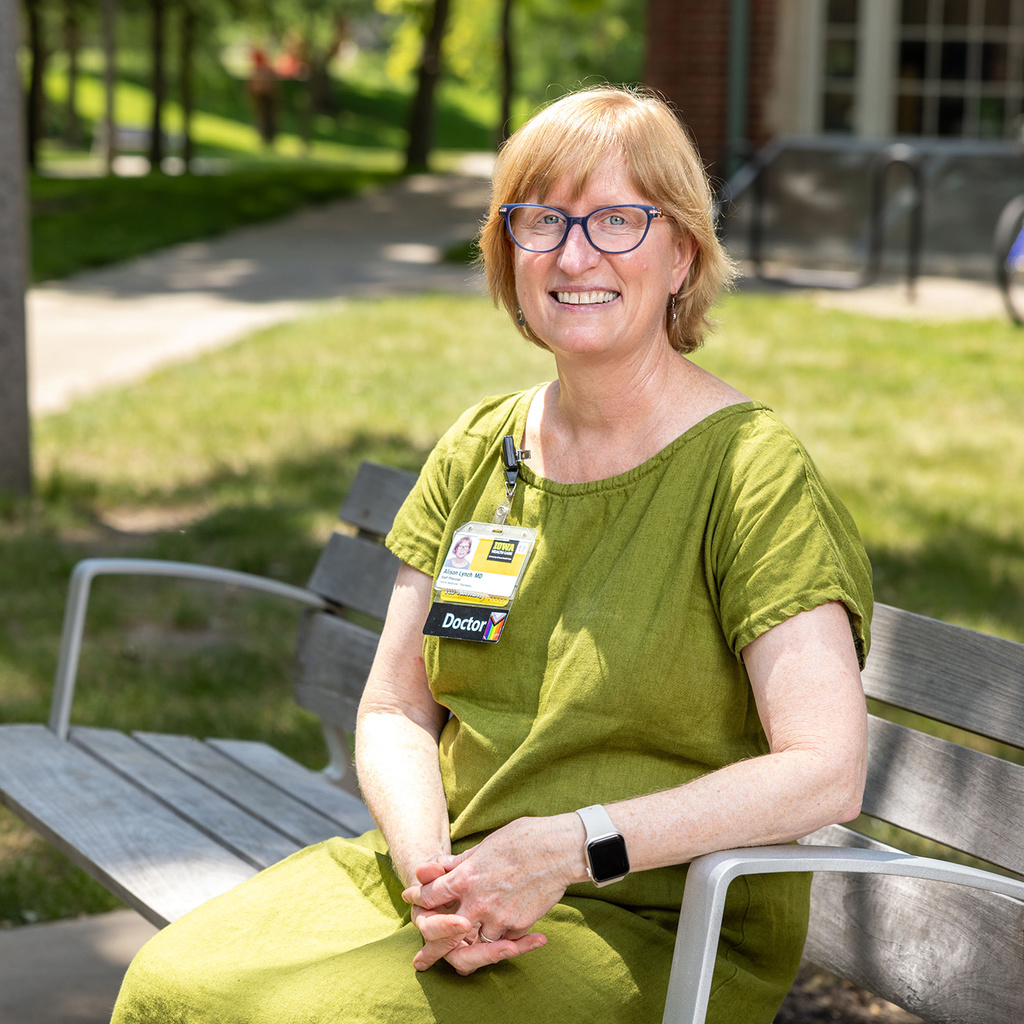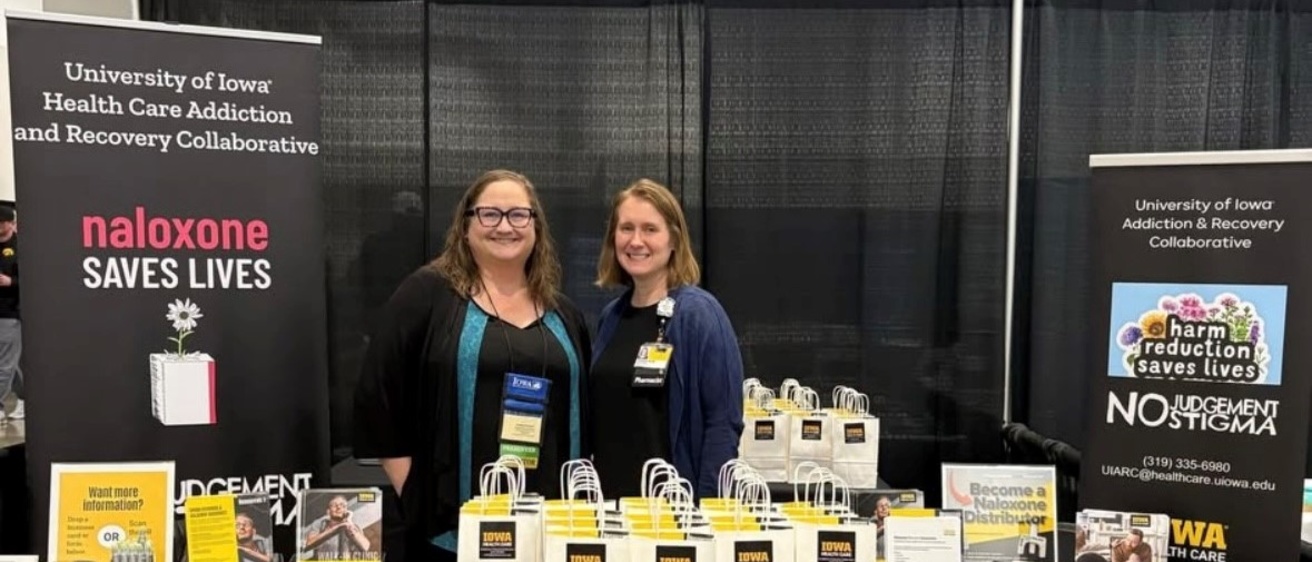The University of Iowa Addiction and Recovery Collaborative (UI ARC), also known as the Division of Addiction Medicine, brings together clinicians, researchers, educators, and recovery advocates to support individuals with substance use disorders (SUD) throughout their recovery journey.
We offer comprehensive clinical care, train future healthcare providers through our fellowship programs, and partner with communities across Iowa to raise awareness, reduce stigma, promote harm reduction, and prevent overdose deaths.
Mission
To foster a collaborative and inclusive environment that empowers individuals to think creatively, act with courage, and innovate in ways that drive meaningful change for the betterment of people with substance use disorder.
Vision
To be a transformative force, where open-mindedness, human-centric values, and bold innovation come together to create a more connected, compassionate, and forward-thinking patient care environment for patients with substance use disorder.
Values
- Effective Communication – We believe in the power of clear, honest, and transparent communication, enabling collaboration and mutual understanding.
- Open Mind – We embrace diverse perspectives and ideas, cultivating curiosity and openness to change.
- Humanism – We are committed to placing people at the heart of everything we do, ensuring that our actions are ethical, empathetic, and socially responsible.
- Drive – We are passionate, ambitious, and dedicated to achieving excellence through continuous improvement and purposeful action.
- Courage – We act with integrity and bravery, willing to take calculated risks and face challenges head-on in the pursuit of progress.
- Innovation – We are relentless in our quest for new ideas, technology, and solutions that create value and make a lasting impact.
Our Story
More about UI ARC
Quick Links

Q&A: Dr. Alison Lynch
Advocacy has been the driving force behind Alison Lynch’s career as an addiction medicine provider. She is a champion for her patients, who are often stigmatized or denied health care because of their medical condition.

Empowering mothers to overcome addiction
University of Iowa efforts to support pregnant women with substance use disorders are helping to deliver vital health care, provide treatment resources, and keep families together.
$2.8 M
10,168
75
MAKE A DIFFERENCE
Your contribution is more than a donation— it can change the future of addiction medicine.



